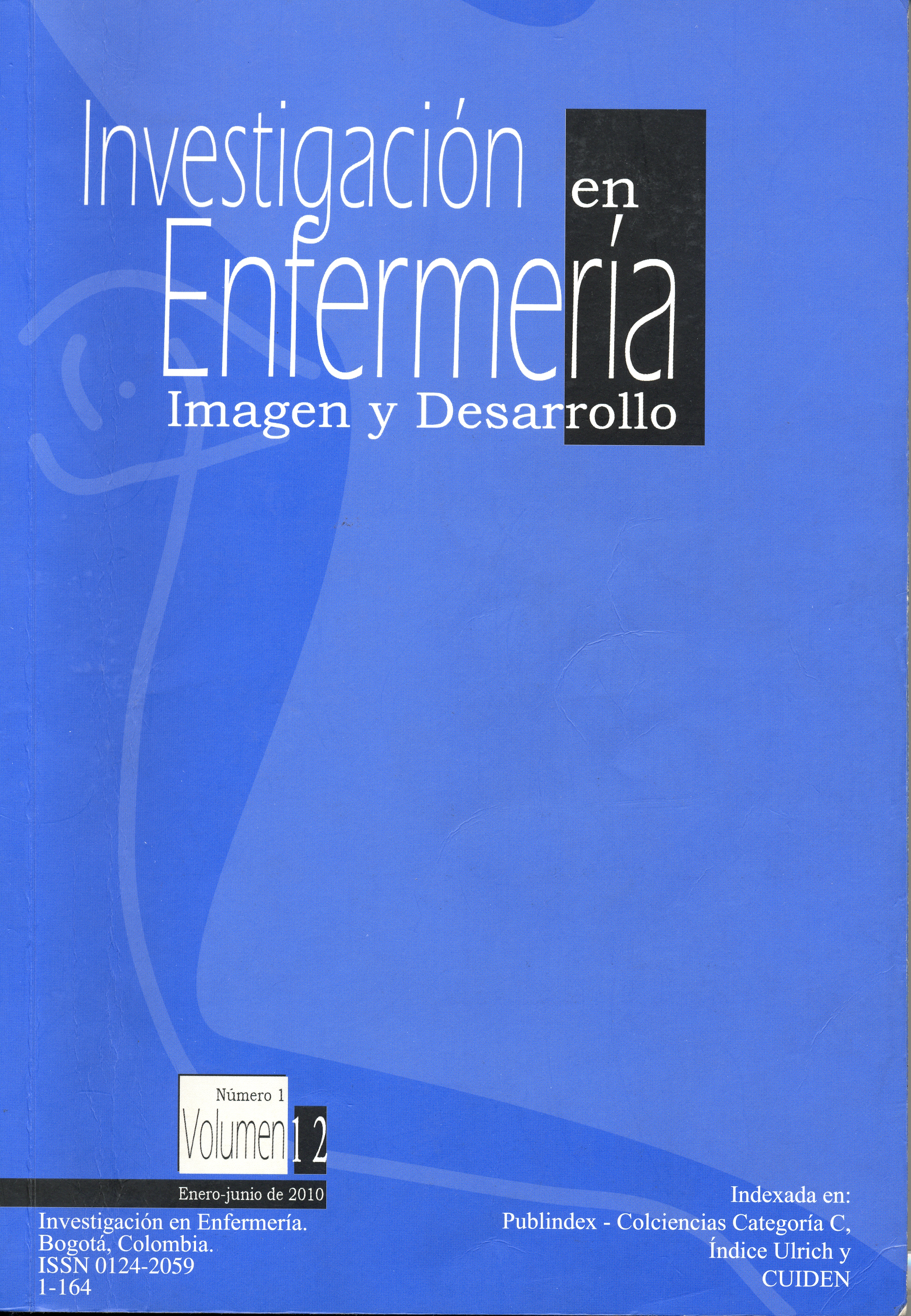Abstract
Introduction: Breast cancer is not only characterized by their high statistical figures but also by emotional burdens that play an important role in the disease which are balanced through the process of coping, which is carried out usin various strategies, with two forms: An active form (associated with the disease face a direct), and a passive form (seeks to avoid conflict conflict and deny the patient lives). Objective: To establish the reliability of the questionnaire Brief COPE Invetory (BCI) in Spanish to asses coping strategies in women with breast cancer. Methodology: A psycometric questionnaire applications with 140 patients in an oncology unit in Bogotá was used to analyze the statistical program SPSS 16.0, determining the reliability by Cronbach's alpha model. Results: Showed the BCI in an Spanish Cronbach alpha of 0.698. For the active coping dimension value was 0.663, and for passive copin dimension 0.523. The questionnaire was composed of 28 items that assess two dimensions: coping an stand, each with seven coping startegies. Conclusion: The BCI in Spanish applied to women with breast cancer did not suffer significant changes in his theoretical construct, which shows that can be used in this population as well as the already approved and recommended to continue with the analysis applied to psychometric Colombian population to assess coping strategies in order to obtain indicators of external validity.
The journal Investigación en Enfermería: Imagen y Desarrollo is registered under a Creative Commons Attribution 4.0 International Public License. Thus, this work may be reproduced, distributed, and publicly shared in digital format, as long as the names of the authors and Pontificia Universidad Javeriana are acknowledged. Others are allowed to quote, adapt, transform, auto-archive, republish, and create based on this material, for any purpose (even commercial ones), provided the authorship is duly acknowledged, a link to the original work is provided, and it is specified if changes have been made. Pontificia Universidad Javeriana does not hold the rights of published works and the authors are solely responsible for the contents of their works; they keep the moral, intellectual, privacy, and publicity rights.
Approving the intervention of the work (review, copy-editing, translation, layout) and the following outreach, are granted through an use license and not through an assignment of rights. This means the journal and Pontificia Universidad Javeriana cannot be held responsible for any ethical malpractice by the authors. As a consequence of the protection granted by the use license, the journal is not required to publish recantations or modify information already published, unless the errata stems from the editorial management process. Publishing contents in this journal does not generate royalties for contributors.


